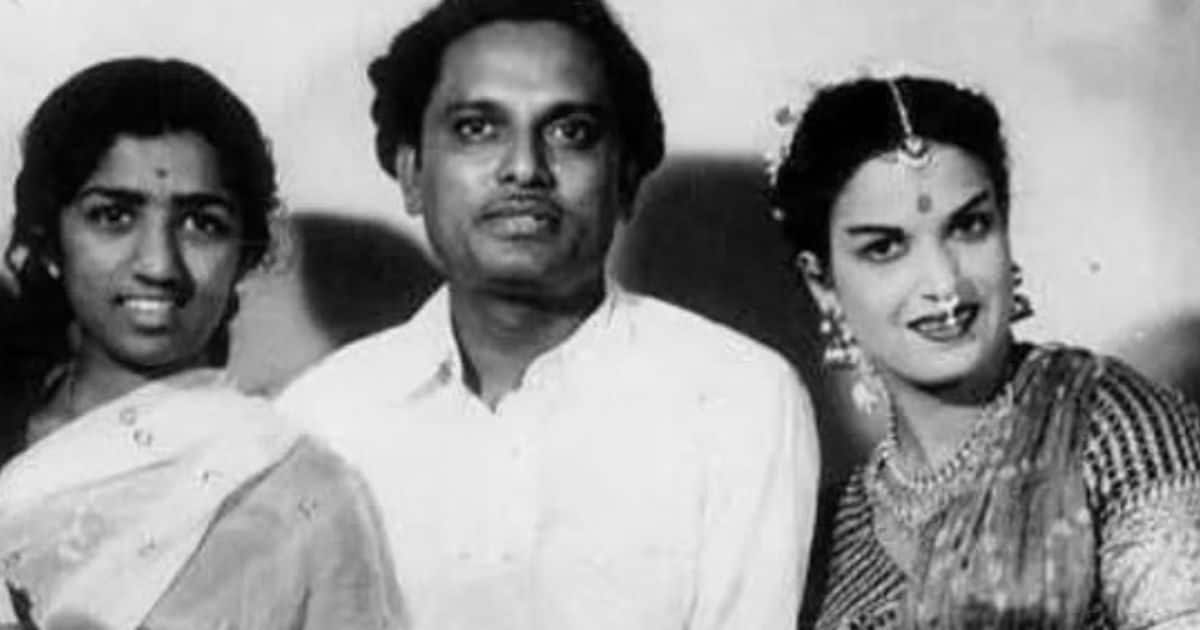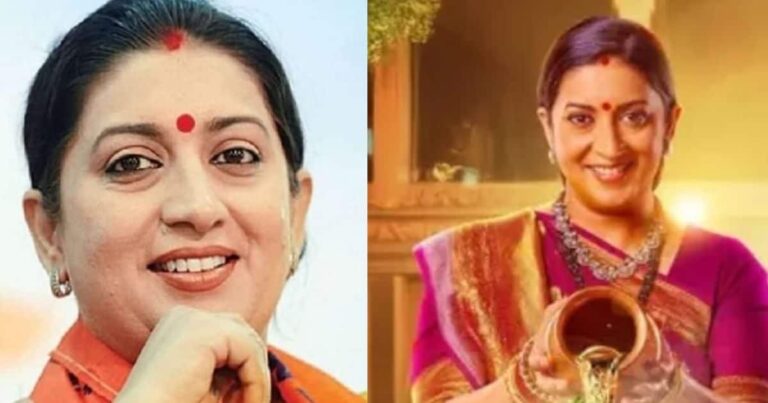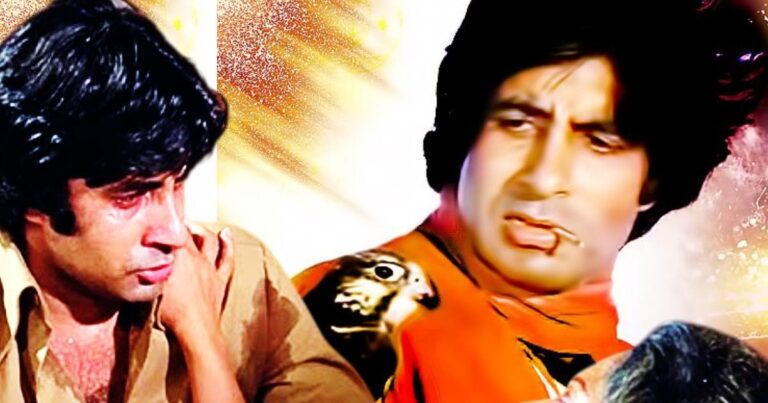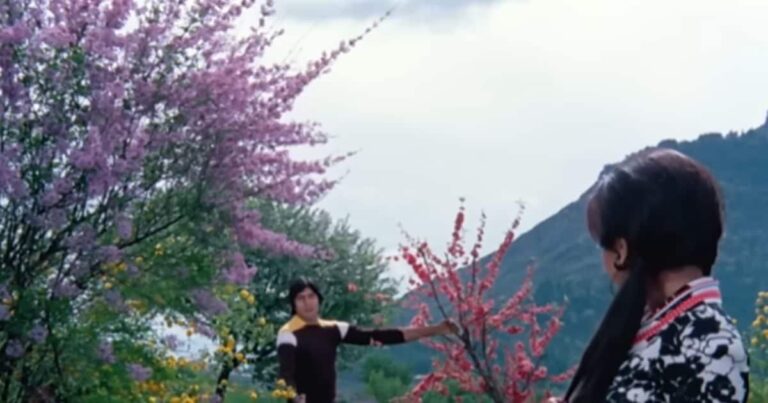हीरो-हीरोइन नहीं, म्यूजिक कंपोजर ने बनाया इस फिल्म को ऑल टाइम ब्लॉकबस्टर, 82 साल पहले 1 करोड़ हुई थी कमाई
On this day, he was born on 7 July 1914 in Burisal in East Bengal (now Bangladesh). The music that Anil Vishwas composed for this film touched the hearts of the people directly. ‘Today from the top of the Himalayas, then we have filled the spirit of patriotism among the people, and the sweet melody like’ Slow Aa Re Badal ‘touched every heart.
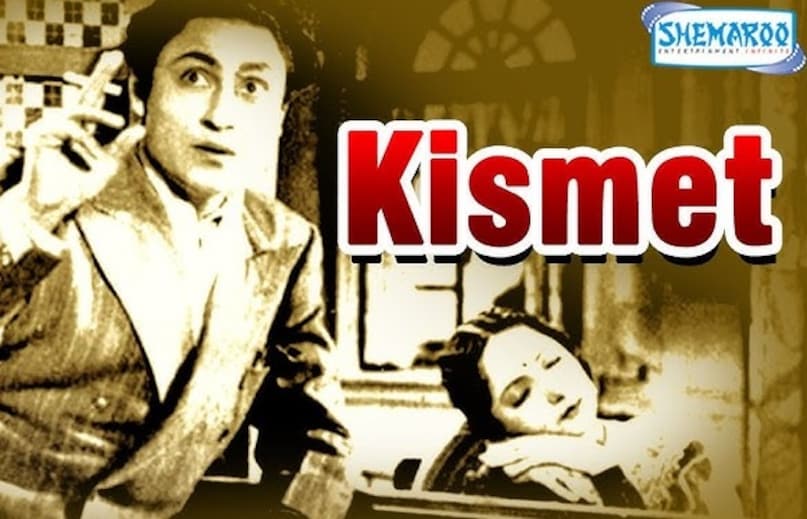
The songs created history in Ashok Kumar’s ‘Kismet’.
Interest in music since childhood
Anil Vishwas was interested in music since childhood. He also joined the freedom movement in adolescence, due to which he also went to jail. He came to Mumbai to work and started working in the theater and after that slowly stepped into the film world.
This is how his career started
Initially, he prepared music for some Calcutta films, but he got his real identity from ‘Bombay Talkies’. He not only gave good songs in films, but changed the direction of film music. After ‘Kismet’, Anil Vishwas began to be counted in the biggest conjunctions of the Hindi film industry. He gave the first break to singers like Mukesh, Talat Mahmood, Lata Mangeshkar, Meena Kapoor and Sudha Malhotra and got them recognized,
The magic of shadow music across the country
He also gave a place in films like Ghazal, Thumri, Dadra, Kajri, and Chaiti. In the 1940s and 50s, Anil Vishwas’s music dominated the whole country. At the time when most of the songs were straightforward, Anil Da added depth and new layers in them. Their compositions still look new when heard. His music in films like ‘Anokha Pyaar’, ‘Arju’, ‘Tarana’, ‘Akash’, ‘Hamdard’ was more than one. He also created a ragamala, which added four different ragas to a song. No one did this experiment during that period.
Had taken retirement from films
As a musician, he worked for the ‘Chhoti Chhoti Baat’ released in 1965. So the stories of many stars with them also started to end. The songs of this film ‘Zindagi Khwab Hai…’ and ‘Something else say…’ are an example of their artistic thinking. The story of the film did not make any special place among the people, but its music is still on the tongue of the people. After retiring from films, Anil Biswas came to Delhi and engaged in music education. He worked closely with institutions like All India Radio and Sangeet Natak Akademi.

